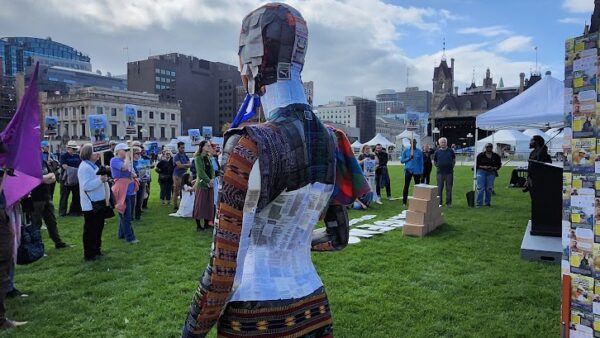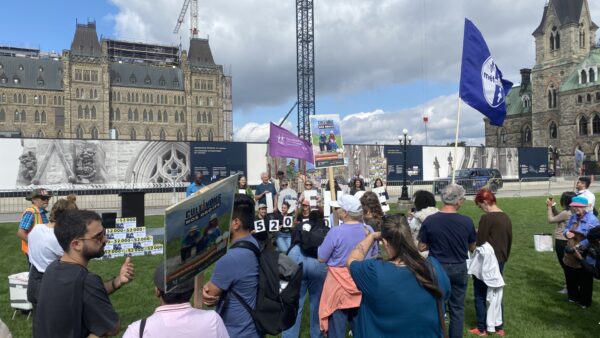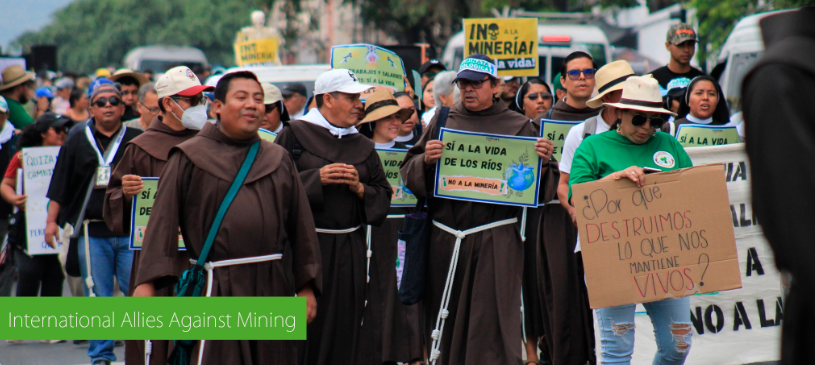
Date: December 9, 2025 at 2:30 pm (EST)
Location: Presentation Manor Theatre, Toronto (61 Fairfax Crescent, Scarborough, ON)
At this in-person event, ORCIE’s Executive Director, Genevieve Gallant, will share her firsthand experiences from COP30 in Belém, Brazil. She will speak to two urgent priorities shaping global climate action:
- The need for an integral ecology framework in multilateral forums
- The call for greater climate ambition worldwide
How do we bridge the widening gap between climate goals and political realities? What steps can we take in Canada to advance ecological conversion and collaborative advocacy?
Join fellow members of religious congregations for a dynamic discussion on these critical questions and explore opportunities to work together for systemic change.
Contact for details:
📧 ggallant@orcie.org
📞 613-400-1631



